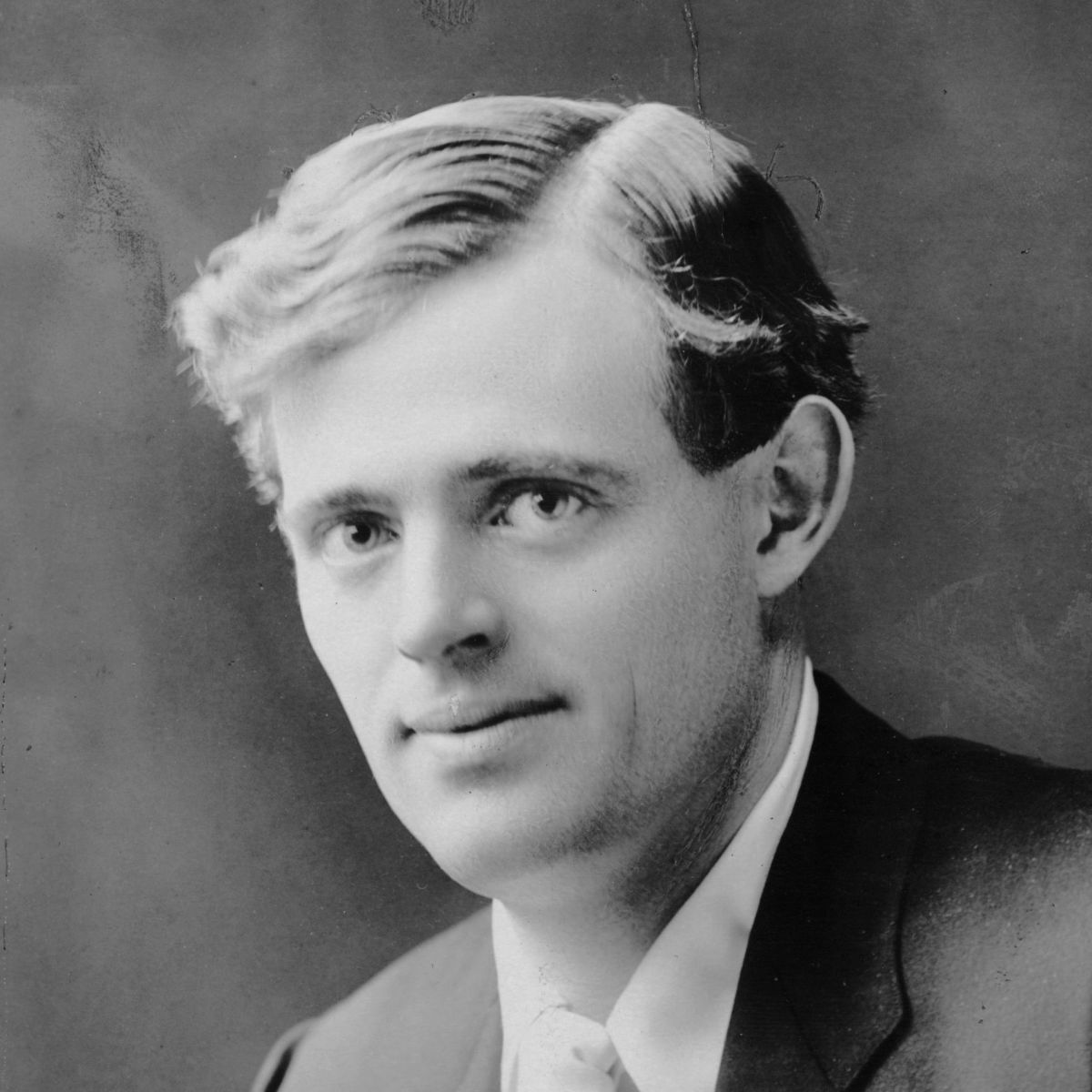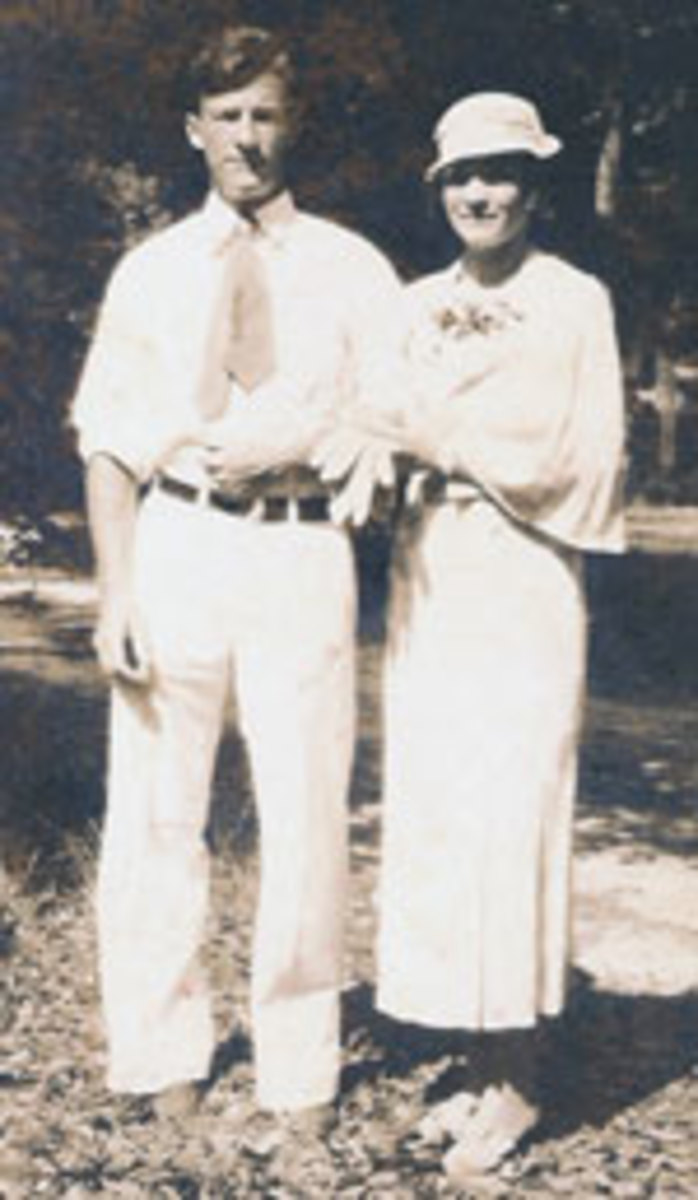- HubPages»
- Books, Literature, and Writing»
- Books & Novels»
- Nonfiction
Jack London at Sea: A Biography
Jack London at Sea: A Biography
At the heart of every great writer, there is a story that defines him. Whether it is a hardship that they have had to overcome, or simply an uplifting story displaying their gifts. Jack London is no exception. His experiences during his life are reflected in each of his works. It is even safe to say that there is a hint of an autobiography expressed in each of his stories (Stanley 67).
London was born in 1876, in the quickly growing city of San Francisco (London 42). He was brought into the world and raised by a mother who never cared for him (Kershaw 13). He had no paternal father after he left his mother shortly after he was born (Kershaw 12).
London began working in a cannery at a young age to help support his family (Kershaw 10). During the time period that he worked at the cannery, London became very good at being able to sail small boats, sometimes even racing yachts (Kershaw 15).
He saved for months to buy his own boat, but his mother took all of his savings away from him. This was just one of many reasons that Jack grew to hate his mother (Kershaw 11).
London dropped out of school at age fifteen (Pizer 1). He paid three hundred dollars for his first boat, which he used to start his career as an oyster pirate. In order to earn respect from the sailors, he partook in drinking, fighting, and sex (Kershaw 17). In fact, he earned the nickname, “Prince of the Oyster Beds,” because he sailed with his mistress onboard who was known as the “Queen of the Oyster Pirates” (Baskett 367).
On shore London had a severe problem. Alcohol had been a factor in his life since he worked in the cannery. The abuse of alcohol changed him into a completely opposite person (Kershaw 16). However, a bright side did come out of London’s alcoholism. During the many nights that he spent in bars, London heard countless stories from seasoned sailors about the adventures that took place on the open sea (Kershaw 17). This would inspire him to search for these adventures.
Oyster piracy, although dangerous and illegal, seemed to provide what London desired. This all ended, however, when London’s boat caught fire after a lantern was tipped over. This event caused London to switch careers entirely. Instead of stealing oysters like he did when he was a pirate, he decided to join the local Fish Patrol and capture pirates (Kershaw 19).
This switch to the legal side of the law unfortunately did nothing to curb his drinking problem. In fact, it only worsened. After a particular heavy night of drinking, he fell into the dangerous straits at the end of the bay. At first he gave up hope and was content on dying, but something came over him that caused him to fight for his life. He was then rescued by a Greek fisherman who nursed him back to health in his hut (Kershaw 20).
After quitting his job with the fish patrol, London joined a schooner named the Sophie Sutherland. It was a sealing schooner making its way through the Pacific Ocean (Kershaw 21). This voyage would serve as a basis for a future novel of his called The Sea Wolf. He used memories of what he saw and heard on the ship to help model the ship in his book. He based characters off of real life sailors, and he used events like the seal-hunting expeditions and typhoons (Stanley 71).
During the time London spent on this sealing schooner, he heard stories about an infamous sea captain named Alexander McLean. Although it was not his captain, London based the captain in The Sea Wolf off of this man. Articles in newspapers also furthered his information of Alexander McLean (Stanley 71).
Experiences that London had on the Sophie Sutherland also had an affect on the names of the characters. It was based on a Hawaiian name, and Hawaiian does not contain the letters f or t. So the literal interpretation of his name could mean “pearl oyster” (Schuhmacher 278).
After his tour with the Sophie Sutherland was finished, London returned to Oakland. His love for sailing and the ocean was turned into disgust for that way of life. He didn’t want to partake in all of the partying and drinking associated with being close to the water (Kershaw 28).
It would not be until after he became rich and famous that he would return to the water. He built his own boat, which he named Snark. His intentions were to sail around the world on a seven-year voyage. This was partly due to the fact that he loved the publicity that it gained. The voyage was shortened to two years, however, after London was placed in the hospital in Australia (Stanley 68).
Jack London died in 1916, at the age of forty (London 42). His death marked the end of a truly remarkable man. His love for the sea was always in his heart, and he expressed this in his book, The Book of Jack London, which said, “Once a sailor, always a sailor. The savour of the salt never goes away. The sailor never grows so old that he does not care to go back for one more wrestling bout with wind and wave” (Kershaw 10).
Works Cited
Baskett, Sam S. "Jack London on the Oakland Waterfront." JSTOR. JSTOR, Nov. 1955:
363-371. Web. 11 Nov. 2010
Kershaw, Alex. Jack London: a Life. New York: St. Martin's Griffin, 1997. Print.
London, Jack. "The Call of the Wild." Novels for Students. Presenting Analysis, Context
and Criticism on Commonly Studied Novels. Vol. 8. Farmington Hills, MI: Gale
Group, 2000. 42-43. Print.
Pizer, Donald. "Jack London (1876-1916)." Columbia University Press [New York] 2001: 1-4.
Literature Online. Web. 13 Nov. 2010.
Schuhmacher, W. W. "A Name Creation by Jack London." International Journal of
American Linguistics 45.3 (1979): 278. Print.
Stanley, David H. “Jack London’s Biographical Legend.” American Literary Realism,
1870-1910, Vol. 17, No. 1 (Spring, 1984), pp. 67-88. Web. 13 Nov. 2010.








